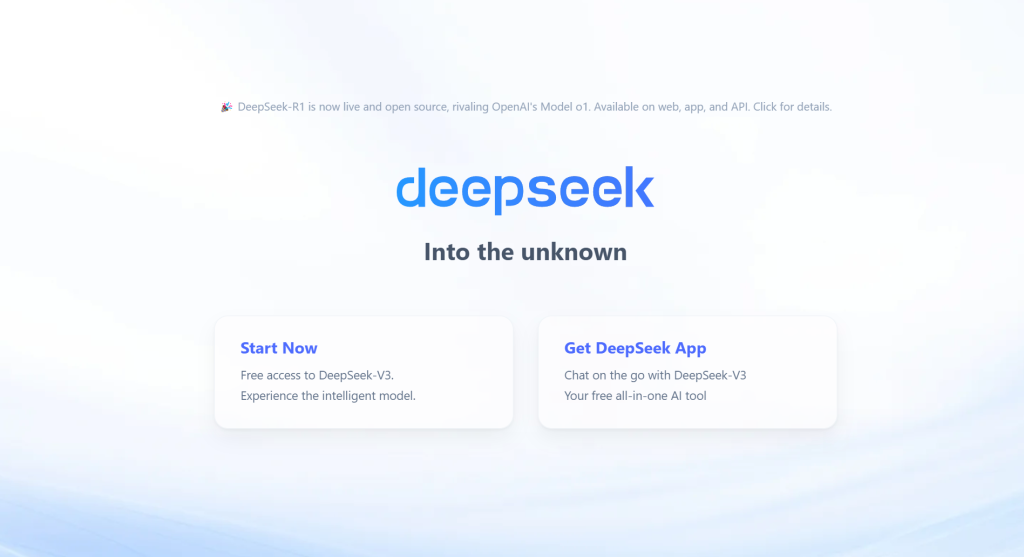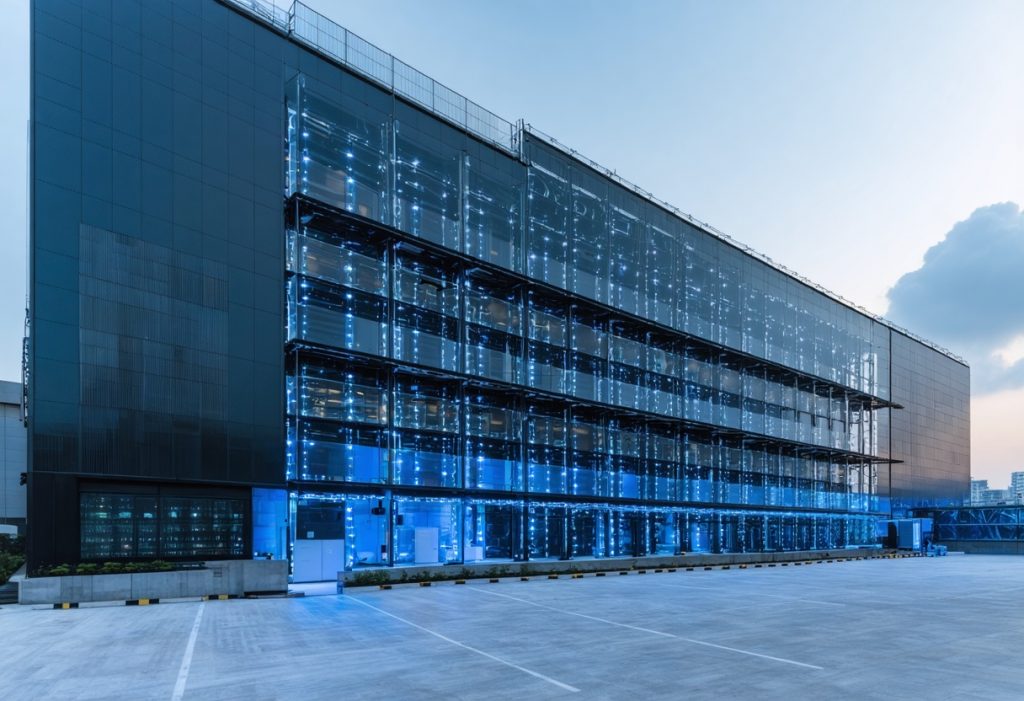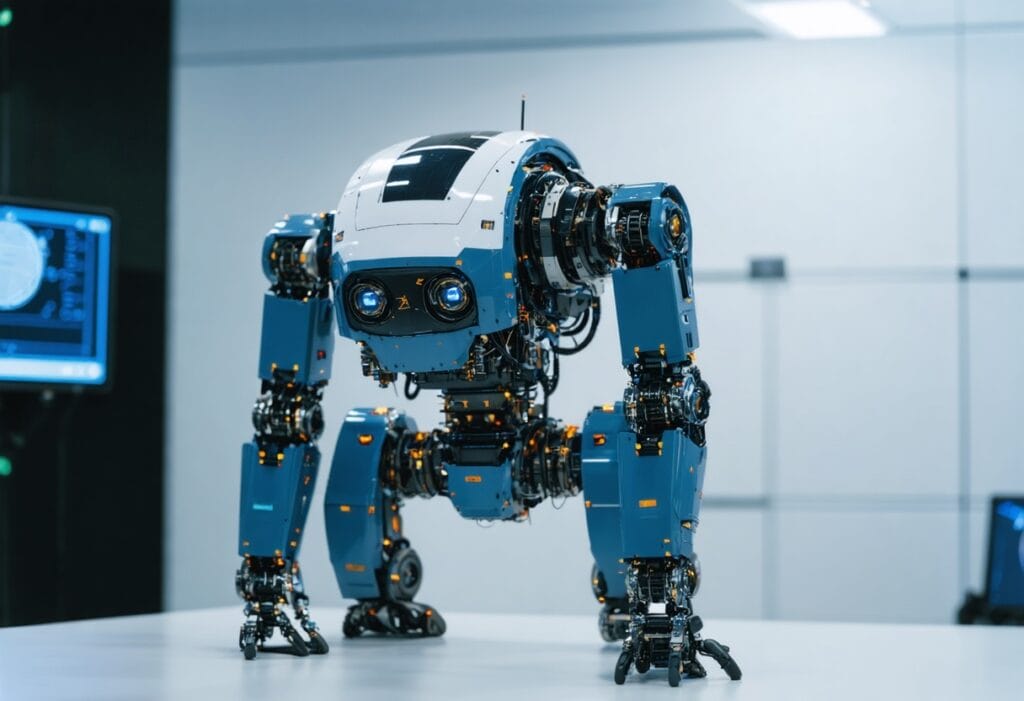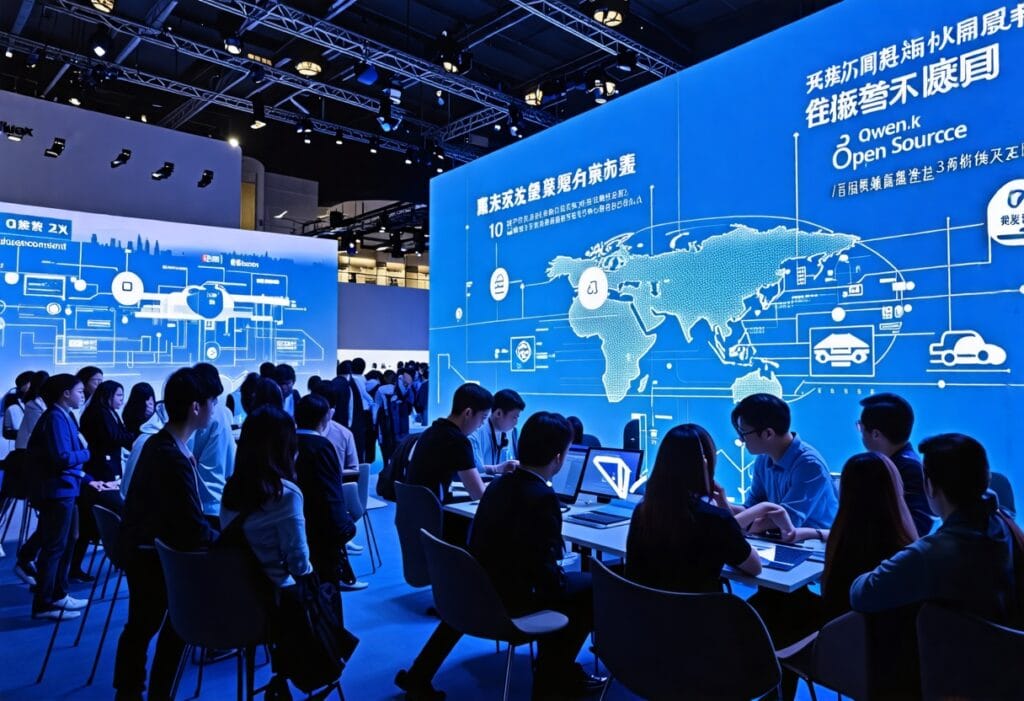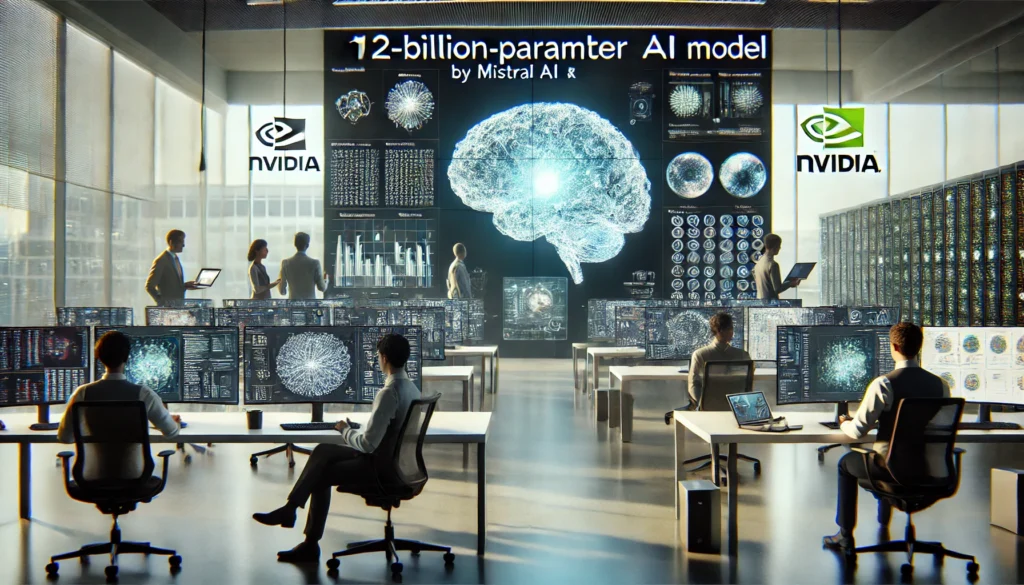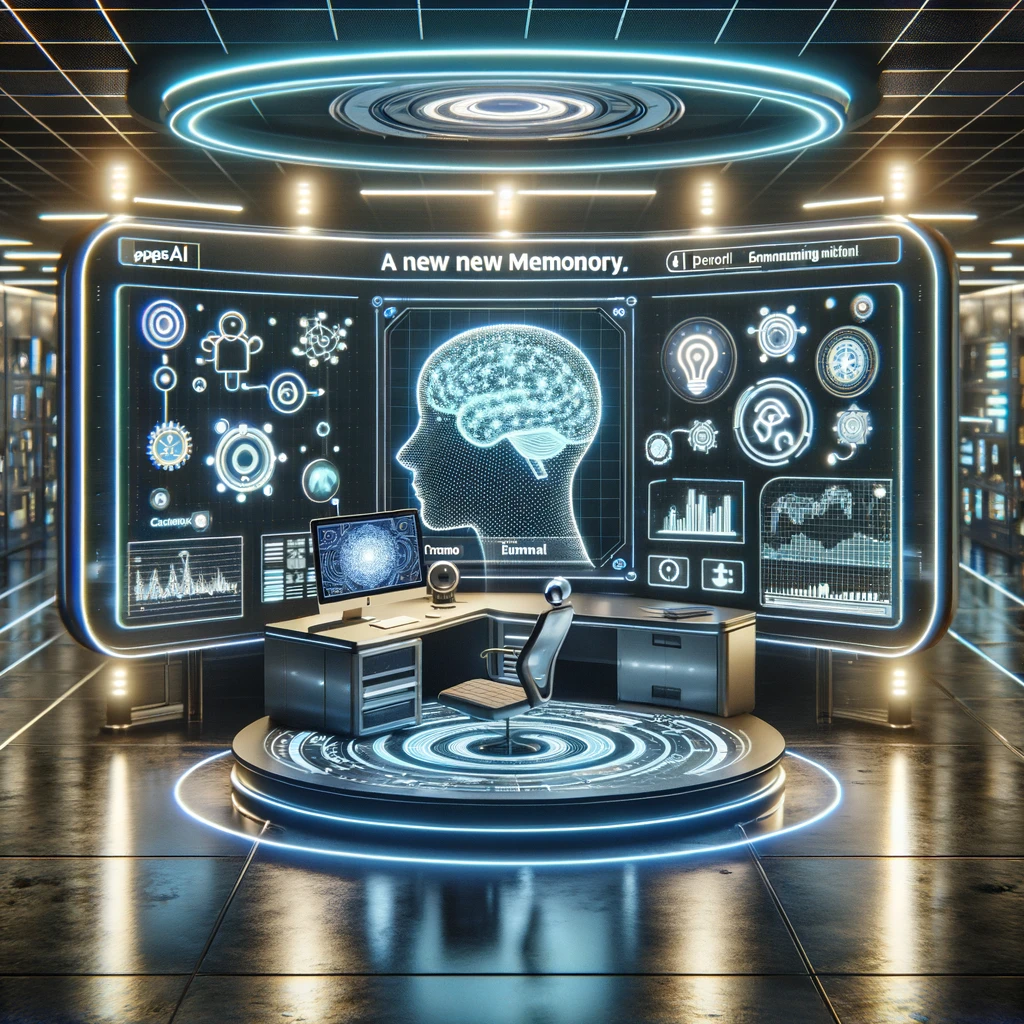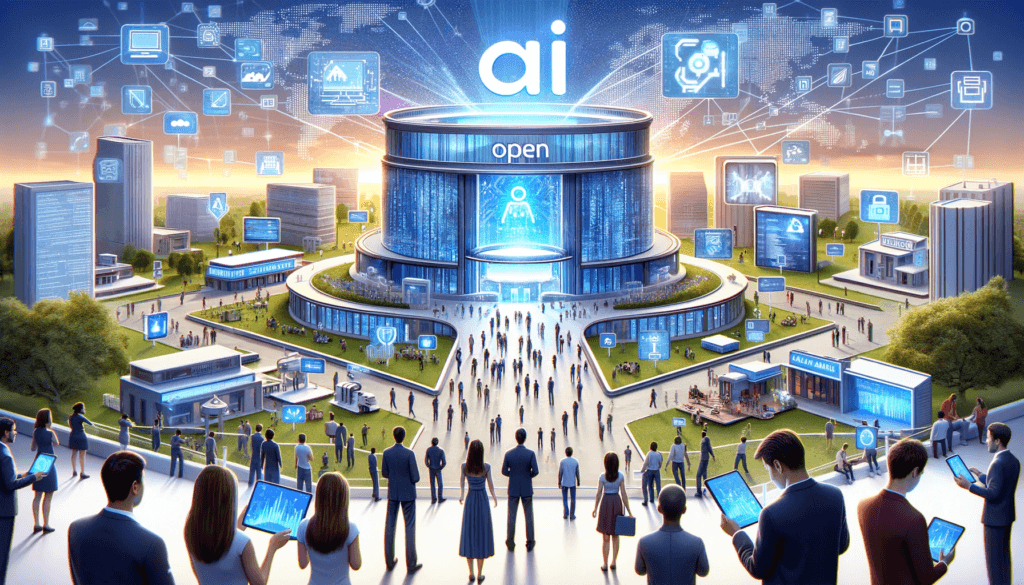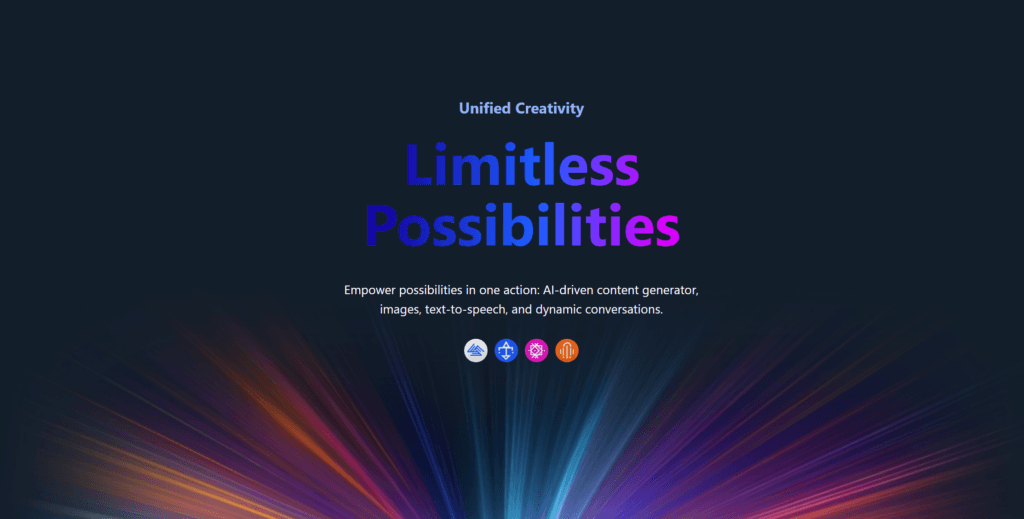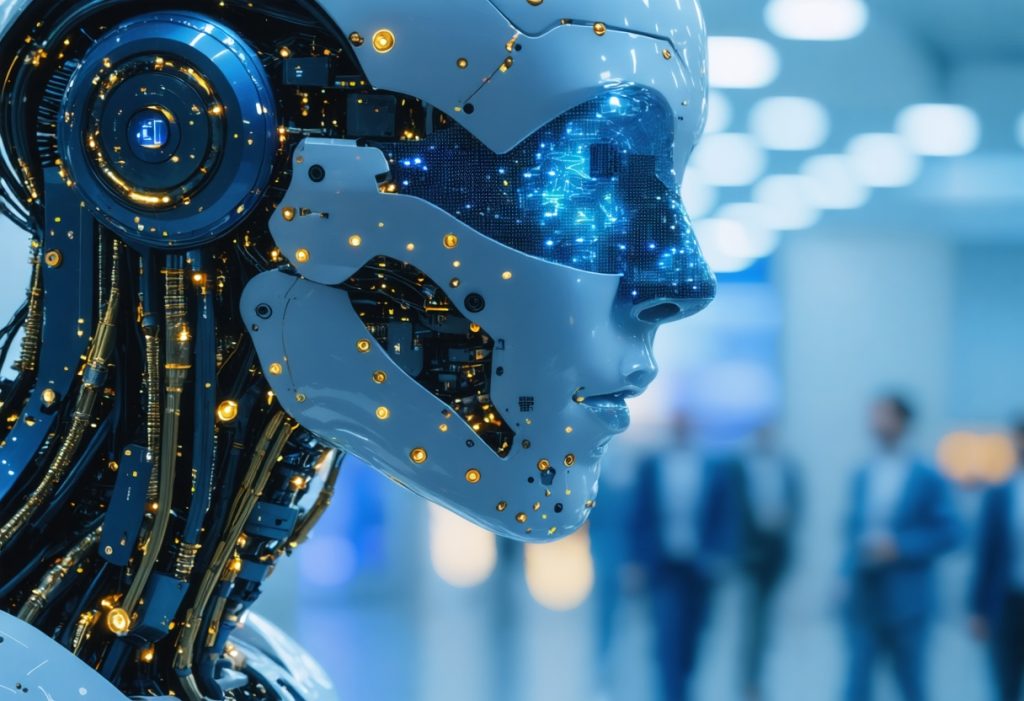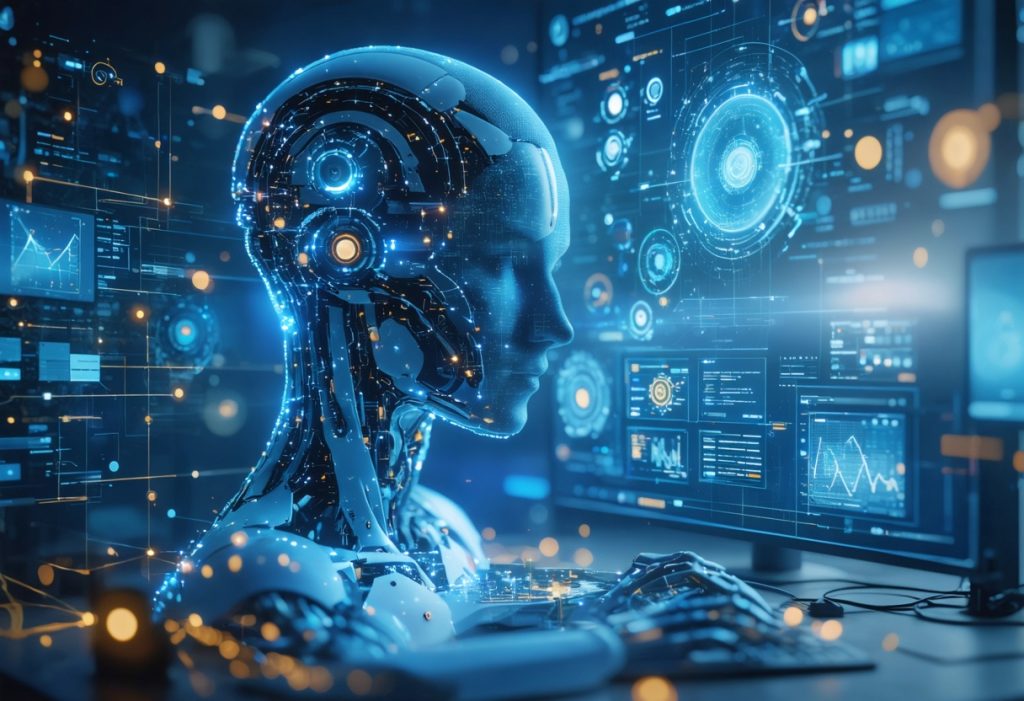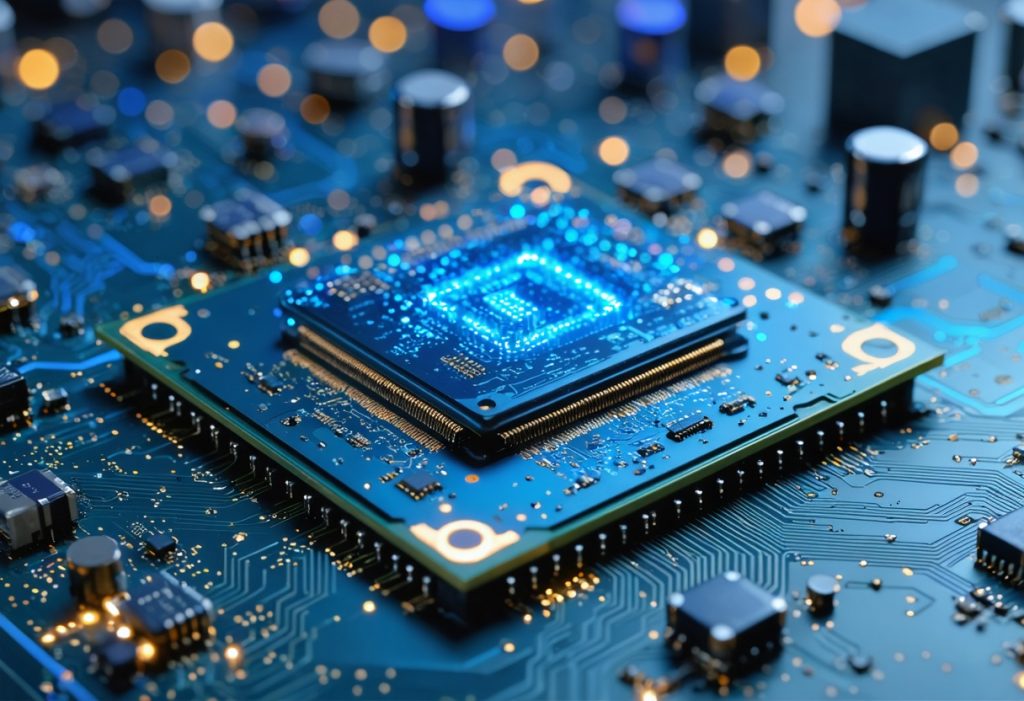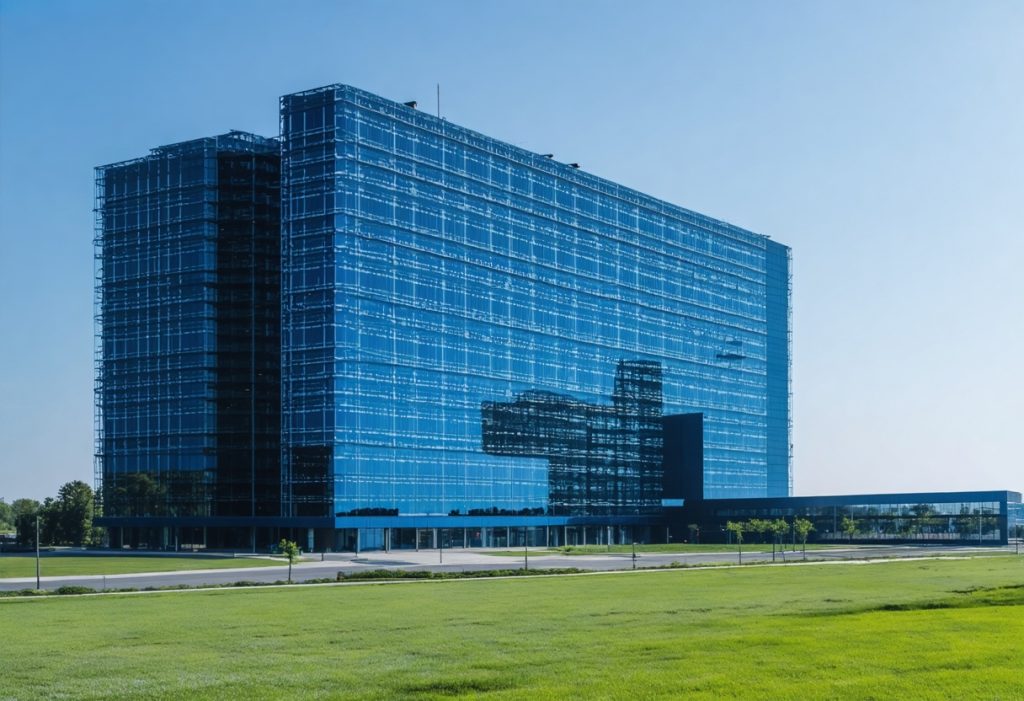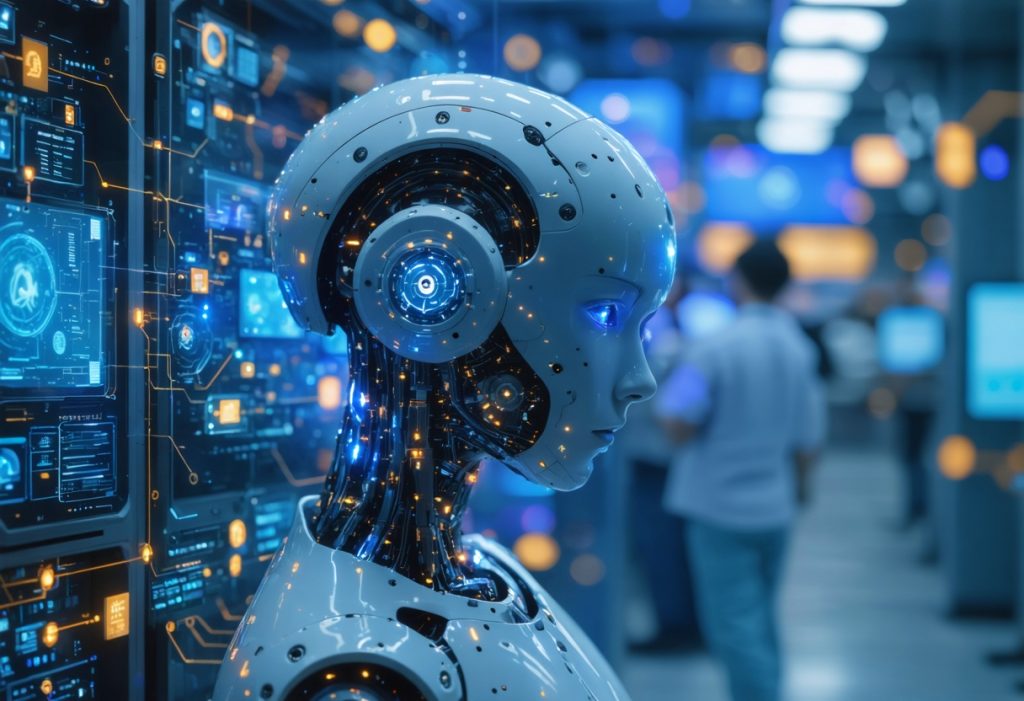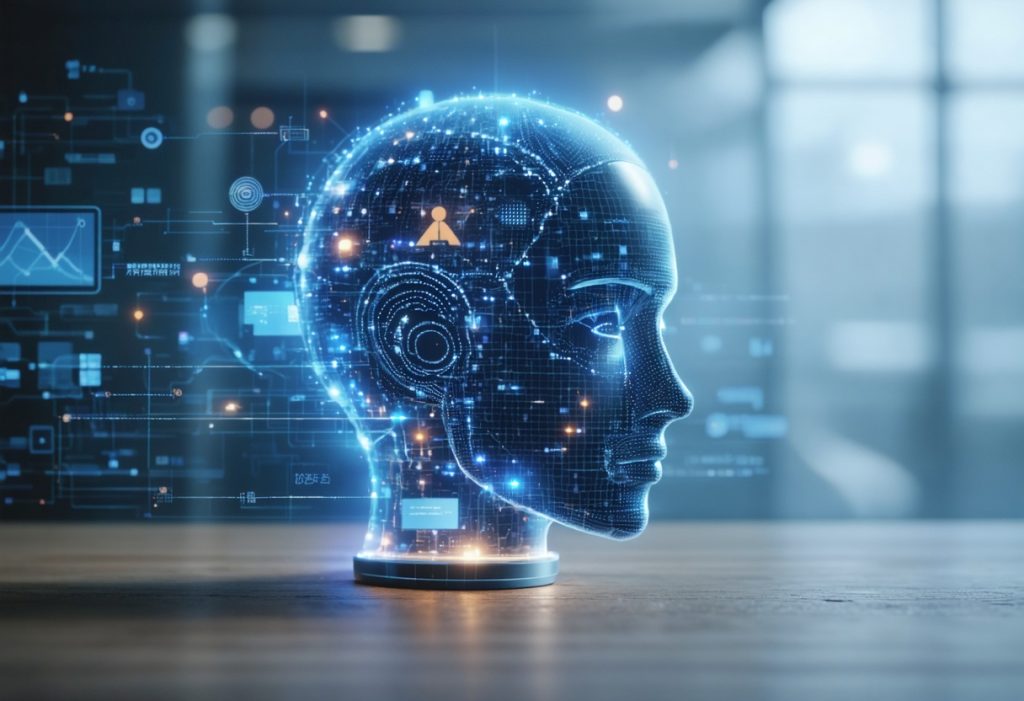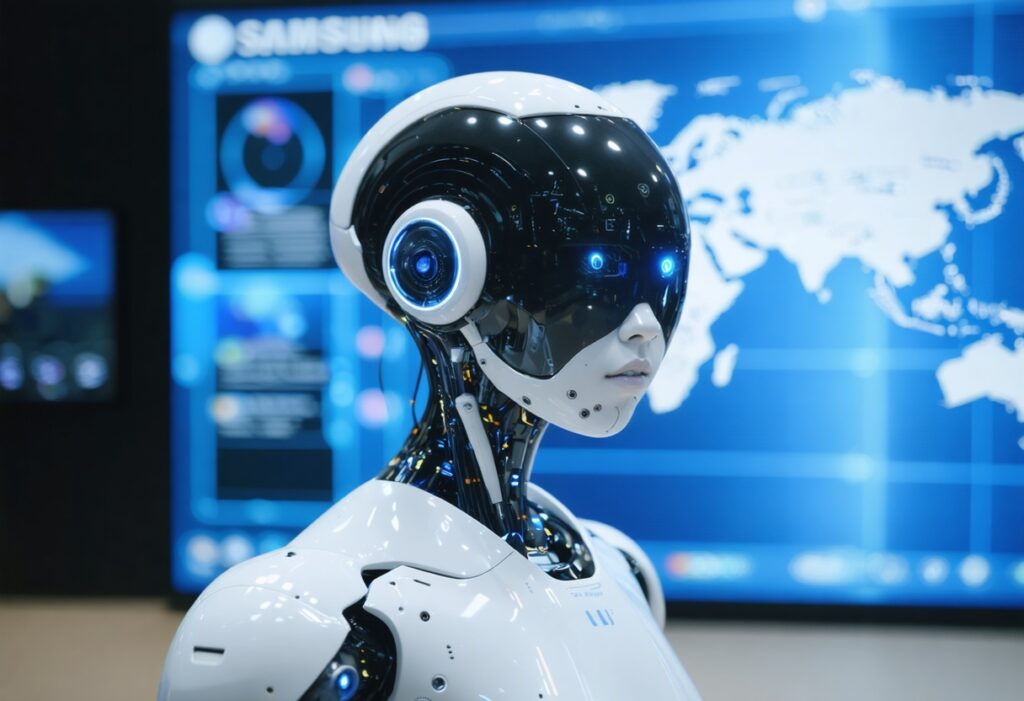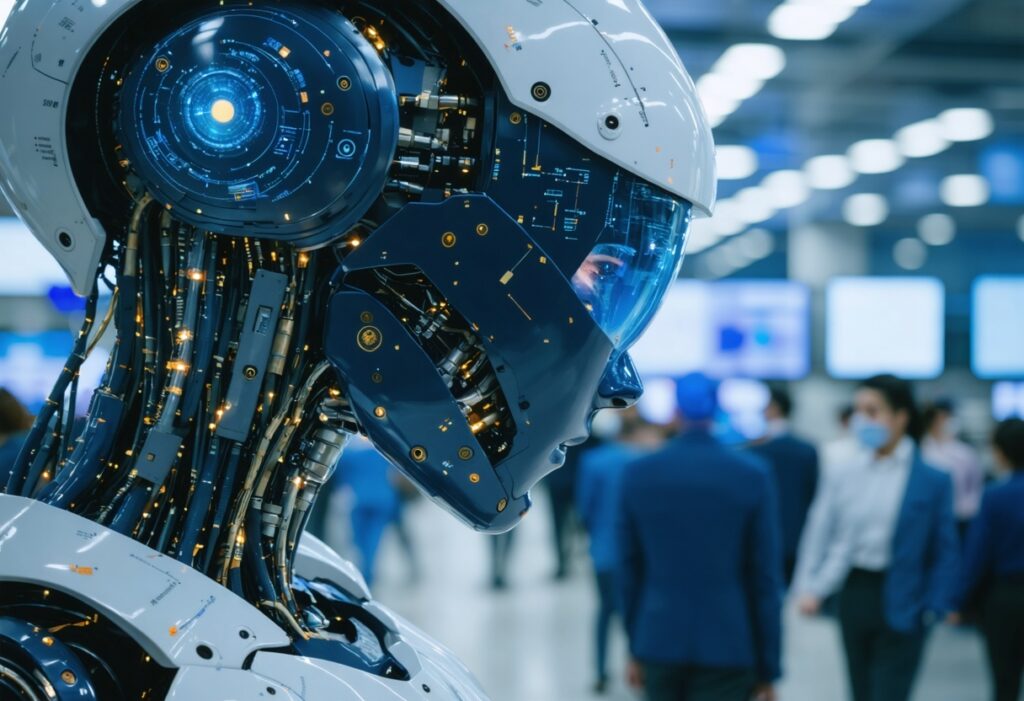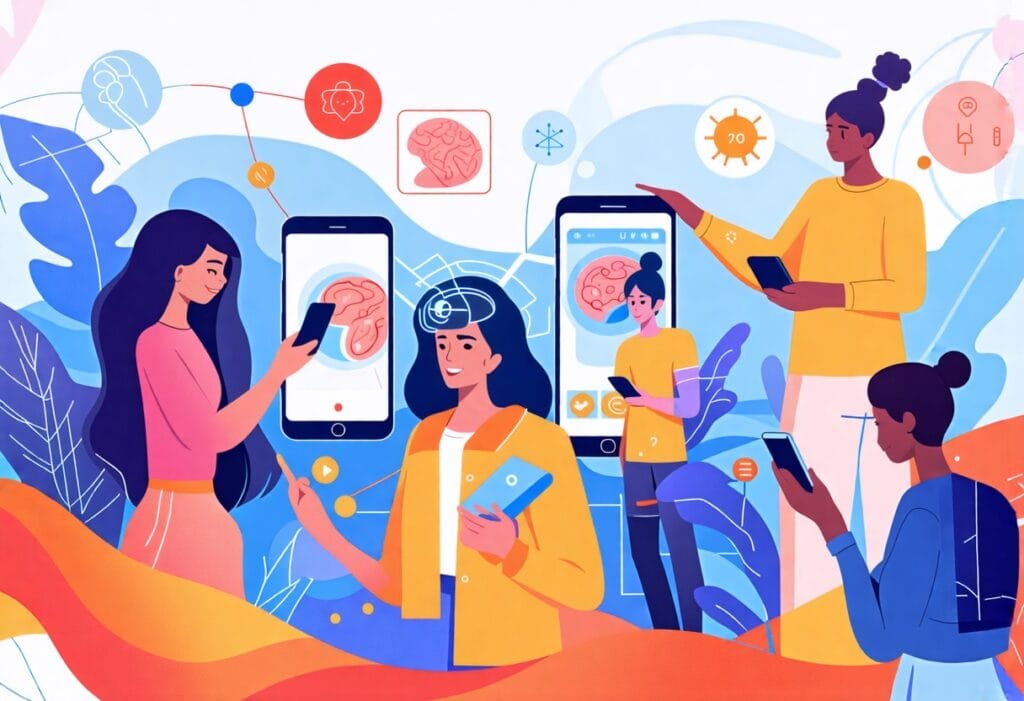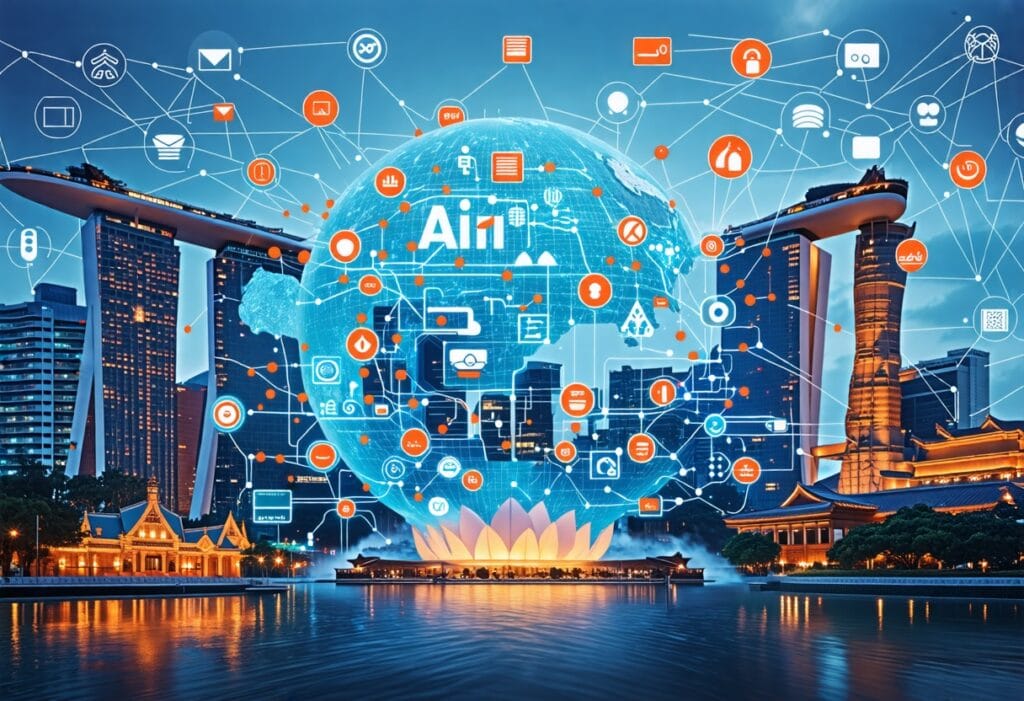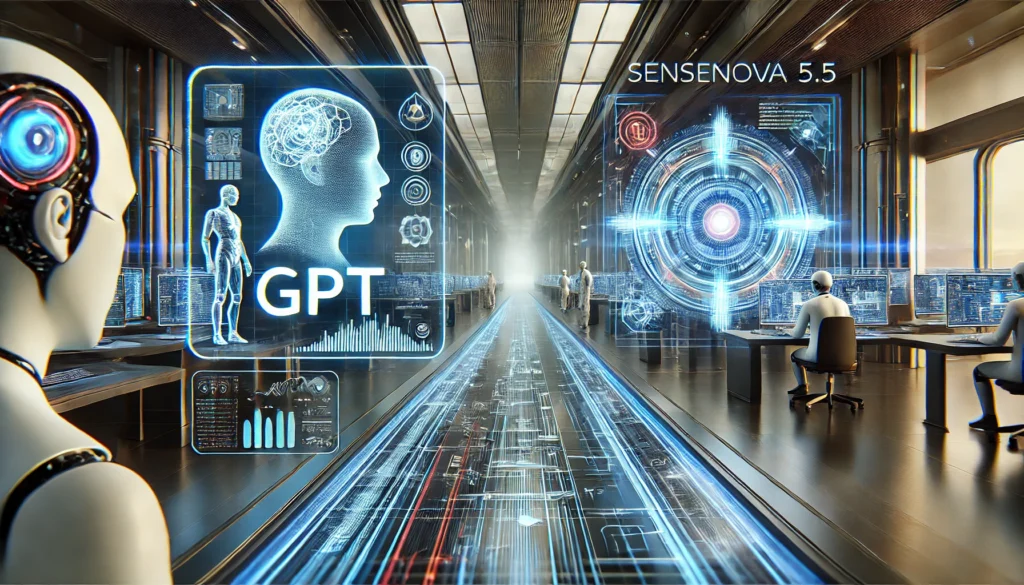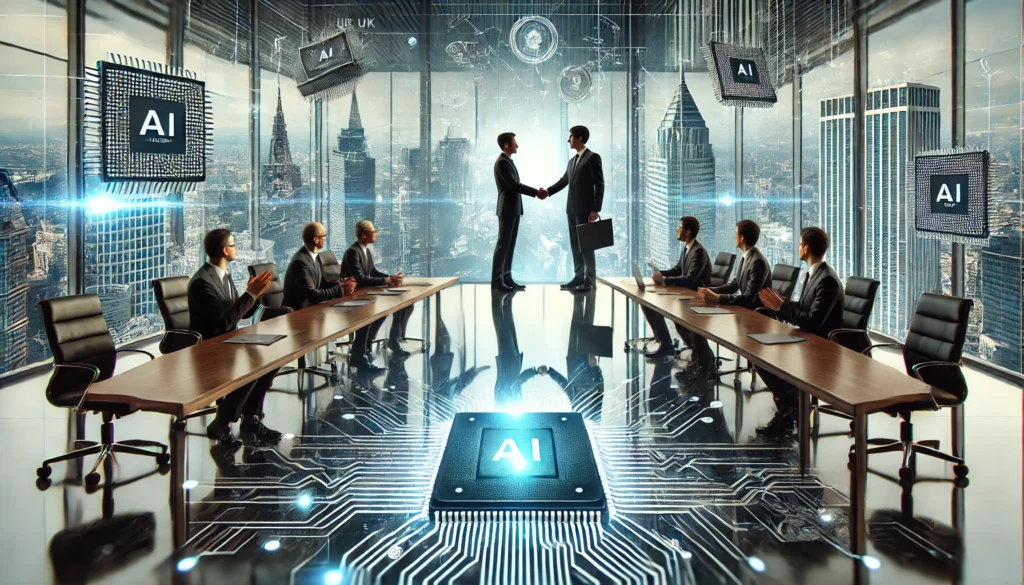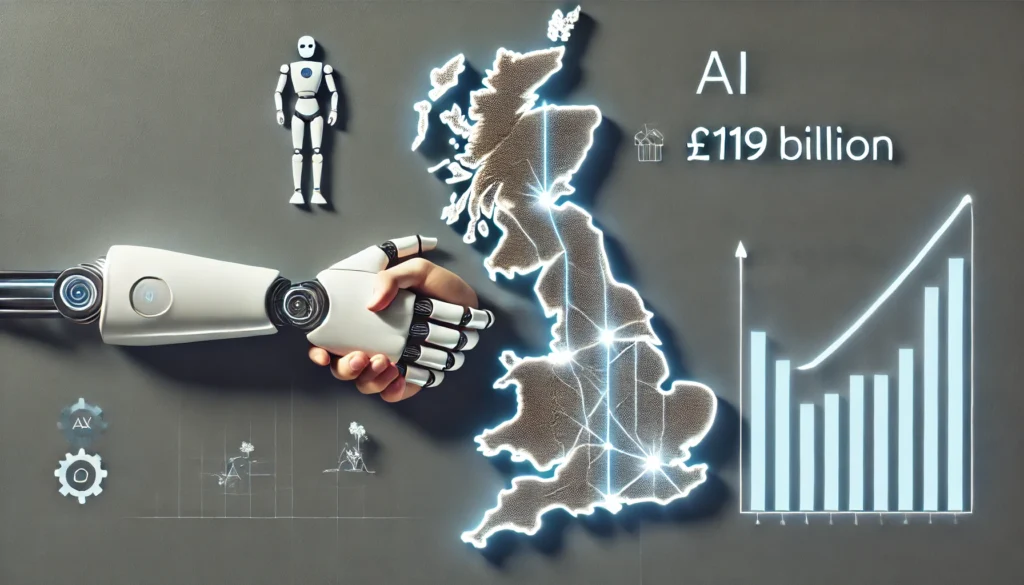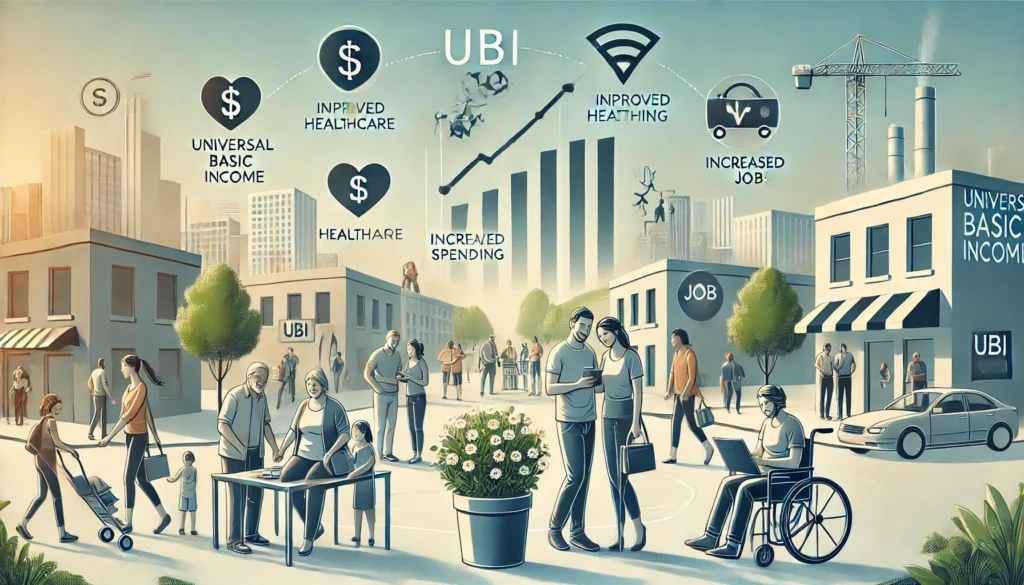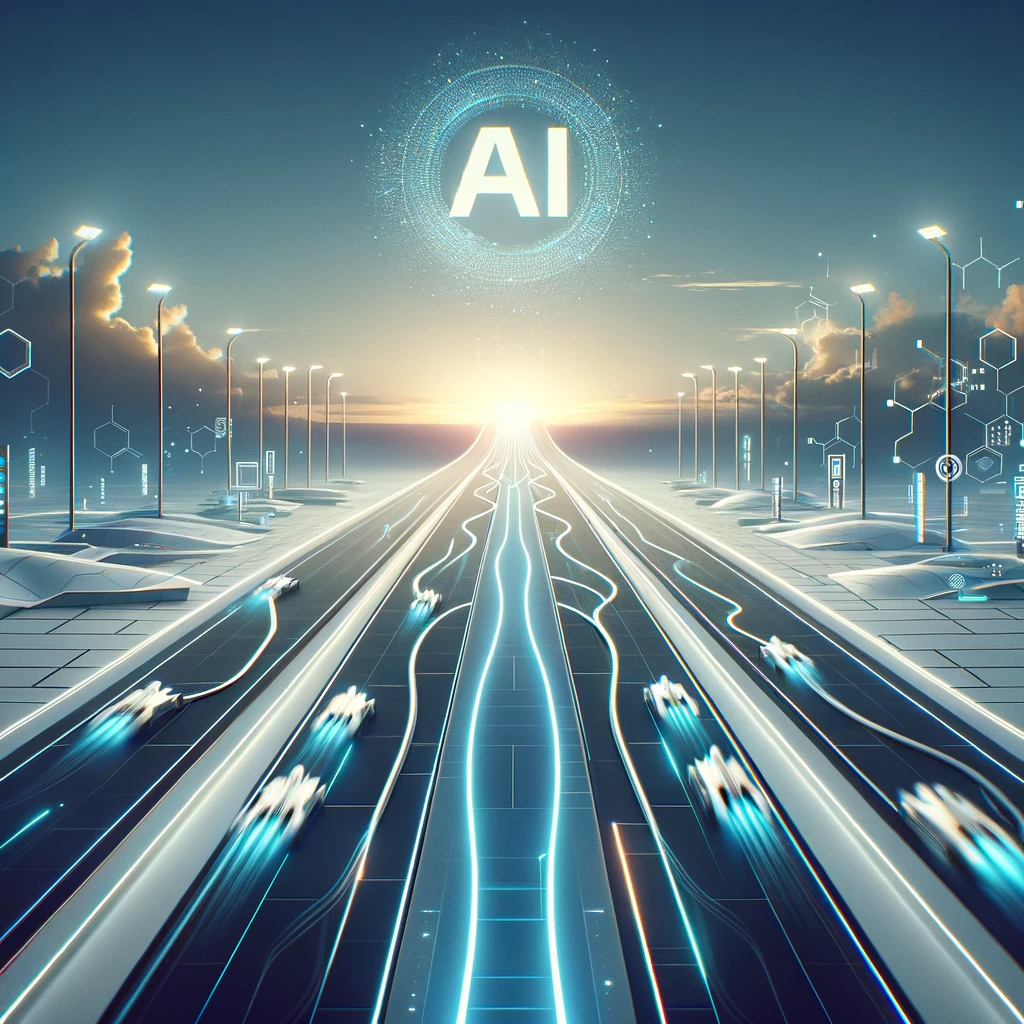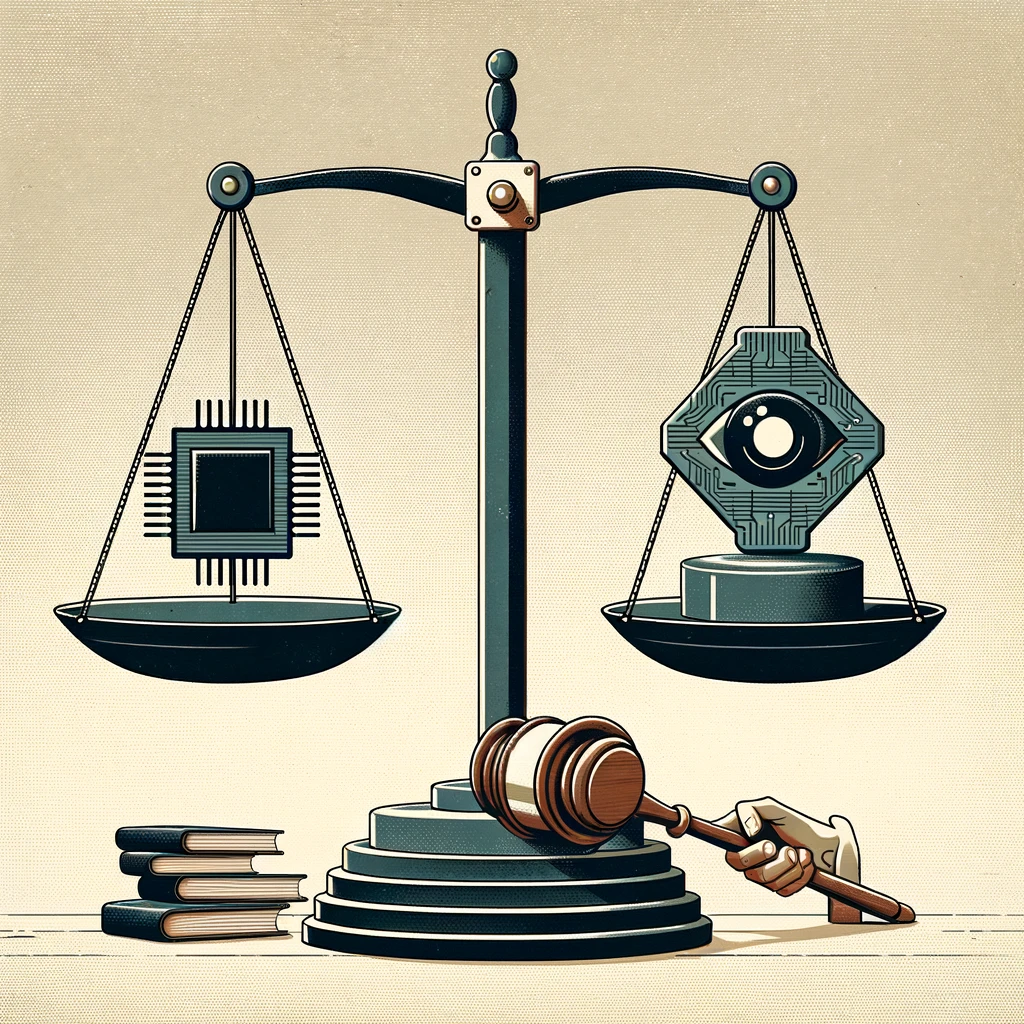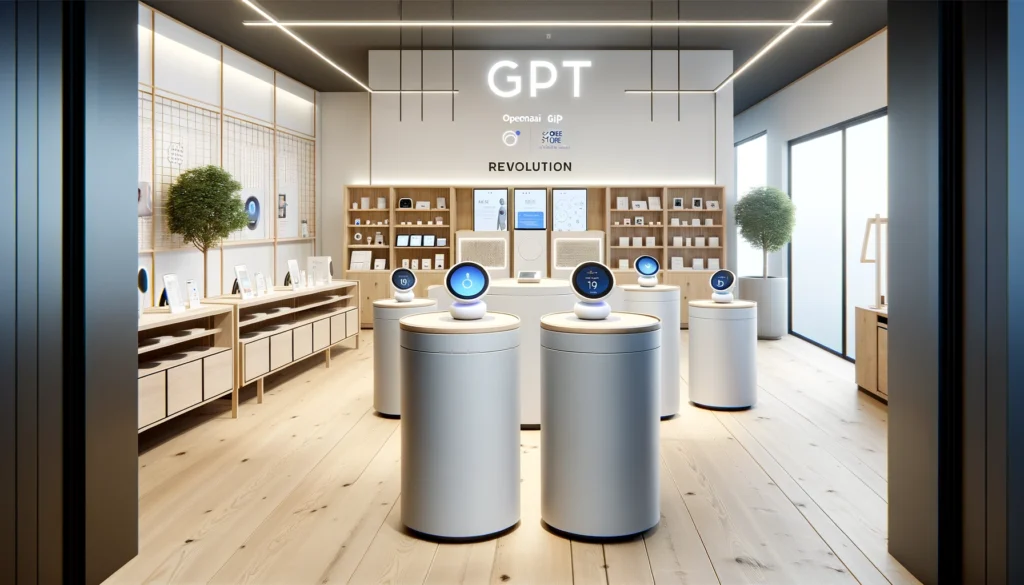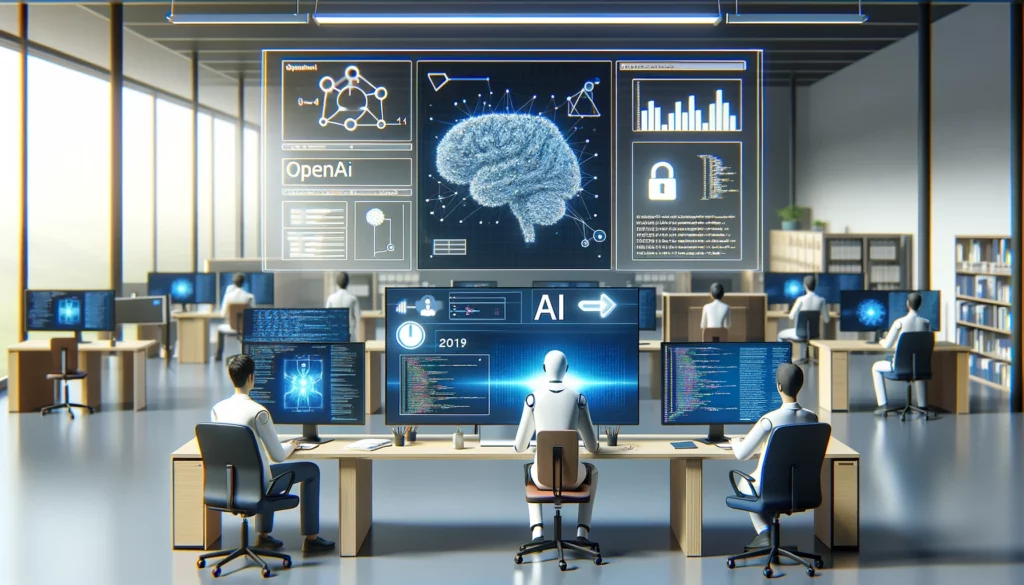Google’s Strategic Restructuring to Propel AI Innovations
Google’s Strategic Restructuring to Boost AI Innovations
In a bold move to enhance its artificial intelligence capabilities, Google has recently announced a significant restructuring initiative. This strategic overhaul aims to accelerate the company’s AI initiatives, consolidating various teams under a streamlined leadership structure. By integrating the Gemini app team with Google DeepMind and reshaping its Assistant divisions, Google is poised to foster greater collaboration and innovation in AI development. This restructuring comes at a time when the demand for AI-driven solutions is surging, and Google is keen on maintaining its competitive edge in this rapidly evolving landscape.
The leadership changes, including prominent appointments, signify a commitment to harnessing AI’s transformative potential across Google’s product offerings. From improving user experiences in smart home technology to revolutionizing healthcare with AI-driven diagnostics, these updates reflect the company’s vision to redefine industries through advanced artificial intelligence. As Google continues to push the boundaries of what AI can achieve, this restructuring sets the stage for unprecedented advancements that will resonate across various sectors. Stay tuned as we delve deeper into the implications of these changes and how they will shape the future of AI at Google.
The Importance of Structural Restructuring in Driving AI Innovation
Structural restructuring is more than just a change in leadership; it is a comprehensive strategy that fosters collaboration, optimizes resources, and drives innovation. In the context of Google’s recent restructuring, the integration of teams like the Gemini app with Google DeepMind is a tactical move designed to eliminate silos and promote a unified approach to AI development. This alignment allows for quicker iteration and deployment of new AI models, ensuring that innovations reach the market faster and more efficiently.
Moreover, such reorganizational changes enable Google to focus on its core mission of utilizing AI to transform everyday experiences. By streamlining processes, Google can respond swiftly to consumer needs and market trends, maintaining its competitive edge in an ever-evolving tech landscape. This agile approach is essential for harnessing the potential of AI across various sectors including healthcare, smart home technology, and software applications.
Leadership Changes: A Catalyst for Faster AI Development
Leadership changes play a crucial role in shaping the direction of any organization. The recent appointment of Prabhakar Raghavan as Chief Technologist underscores Google’s commitment to cultivating AI capabilities. Raghavan’s wealth of experience in leading projects like Smart Reply and Smart Compose positions him perfectly to guide Google’s AI strategy to new heights. His expertise and understanding of user needs can drive transformative advancements in product development, leveraging AI to enhance user experiences significantly.
Similarly, Nick Fox’s transition to Senior Vice President of Knowledge & Information (K&I) is vital for maintaining continuity and driving innovation. With a proven track record in product and design across multiple Google services, Fox’s leadership is anticipated to yield new insights and strategies that push Google’s AI boundaries further. As the K&I division continues to evolve, the focus will remain on optimizing AI applications to meet the specific demands of users globally.
Enhancing User Experiences Through AI-driven Innovations
As Google integrates its assistant teams into the Platforms & Devices division, there is a clear indication that enhancing user experiences is at the forefront of its strategy. Building a seamless ecosystem for smart devices is pivotal in today’s technology landscape where consumer expectations are rapidly changing. The collaboration between various teams will lead to innovative solutions, ensuring that Google’s products are interconnected and responsive to user commands, ultimately creating smarter homes and work environments.
Recent upgrades in AI-driven products, such as the revamped Google Shopping platform and improvements to Search and Lens, signify a shift towards personalized user experiences. With the ability to tailor search results and shopping recommendations using advanced machine learning algorithms, Google is transforming how users interact with technology. Enhanced capabilities such as Audio Overviews in NotebookLM demonstrate a commitment to accessibility, ensuring that information is available to everyone, regardless of their preferred learning styles.
The Role of AI in Revolutionizing Healthcare Solutions
Google’s ambition in healthcare, particularly through its AI initiatives, is reshaping how medical services are delivered. The AI system developed for detecting diabetic retinopathy is a case in point; with over 600,000 screenings conducted, this technology is already making a significant impact. By expanding access to such AI-driven diagnostic tools in regions like India and Thailand, Google is playing a critical role in facilitating early detection and, consequently, better health outcomes.
This commitment to advancing healthcare through AI doesn’t stop with diabetic retinopathy. The introduction of innovations like AlphaProteo, potentially revolutionizing protein design, could have implications for drug discovery and development. By harnessing AI technologies in medical research and diagnostics, Google is paving the way for using artificial intelligence to address healthcare challenges on a global scale.
Streamlining Processes for Increased Efficiency and Agility
With AI evolving at an unprecedented pace, the need for organizations like Google to streamline their internal processes has never been more urgent. As noted by the CEO, Sundar Pichai, making shifts to simplify structures is integral for maintaining the speed of progress in AI initiatives. By reducing bureaucratic hurdles and enhancing interdepartmental communication, Google can rapidly iterate on AI models and deploy updates swiftly across its platforms.
This improved efficiency not only accelerates the development cycle but also amplifies the organization’s ability to react to new trends and customer feedback. In a competitive market where consumers seek immediate solutions, the agility fostered by this restructuring can be pivotal in achieving sustained growth and innovation. The synergy between AI capabilities and organizational structure will be instrumental in embedding AI deeply within all aspects of Google’s product offerings.
Future Implications of Google’s AI Restructuring
The implications of Google’s restructuring for its AI initiatives are vast. By fostering collaboration across teams and integrating leadership roles, Google aims to position itself as a leader in the AI space. This strategic move not only addresses current challenges but also prepares the organization to tackle future opportunities as AI continues to evolve.
As various sectors, from healthcare to consumer technology, increasingly rely on AI solutions, it’s crucial for companies like Google to stay ahead of the curve. The upcoming advancements that will emerge from this new organizational framework will likely have far-reaching impacts, influencing not only Google’s product ecosystem but also the broader technology landscape.
In summary, Google’s restructuring signifies a pivotal moment for AI innovation within the company. Through enhanced collaboration, leadership changes, and a focus on user experience, the potential for revolutionary advancements in AI technology is higher than ever before. As the landscape continues to shift, all eyes will be on Google to deliver the next generation of AI-driven products that could transform industries and improve lives globally.
Embracing a New Era of AI Innovation
As Google embarks on this transformative restructuring journey, the implications for the future of artificial intelligence are profound. By strategically aligning its teams and leadership, Google is not just optimizing its resources but also laying the groundwork for groundbreaking advancements that will redefine multiple industries. This initiative positions Google to respond adeptly to the escalating demand for intelligent solutions that enhance user experiences, drive efficiency, and revolutionize sectors such as healthcare and smart technology.
The integration of AI-driven innovations into everyday applications underscores Google’s commitment to improving lives and connecting communities through technology. With leaders like Prabhakar Raghavan and Nick Fox at the helm, the push for novel and impactful AI solutions is poised to accelerate, fostering a climate of creativity and collaboration within the organization.
As we look forward to the ways these changes will ripple across Google’s extensive product lineup, it is evident that the landscape of artificial intelligence is on the cusp of significant transformation. With a clear focus on streamlined processes and enhanced user experiences, Google is set to lead the charge in the AI revolution, ensuring that its technologies do not merely keep pace with the market but pioneer future advancements. The forthcoming era promises to bring about exciting developments that will resonate globally, making technology more intuitive, accessible, and beneficial for all.
